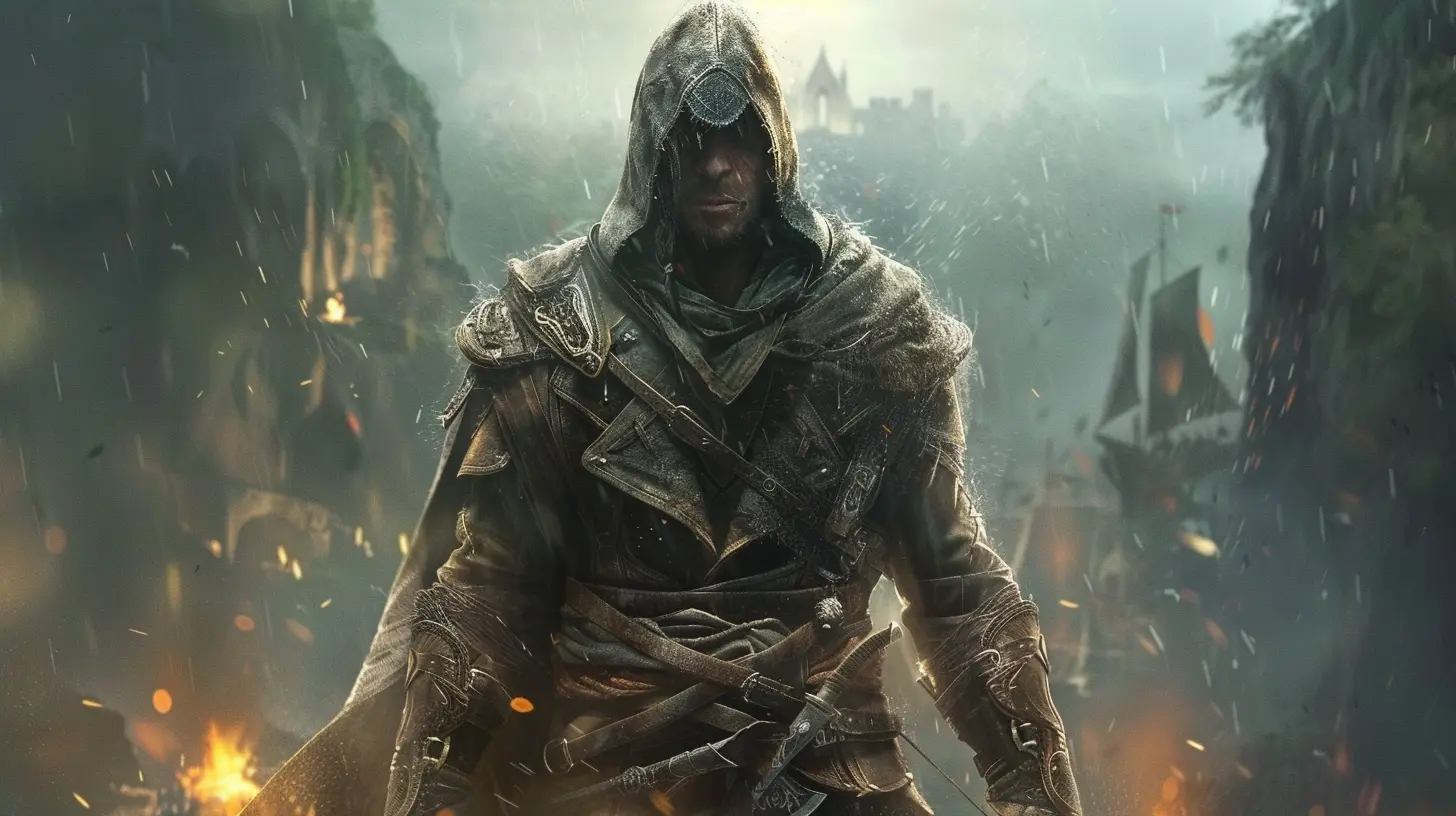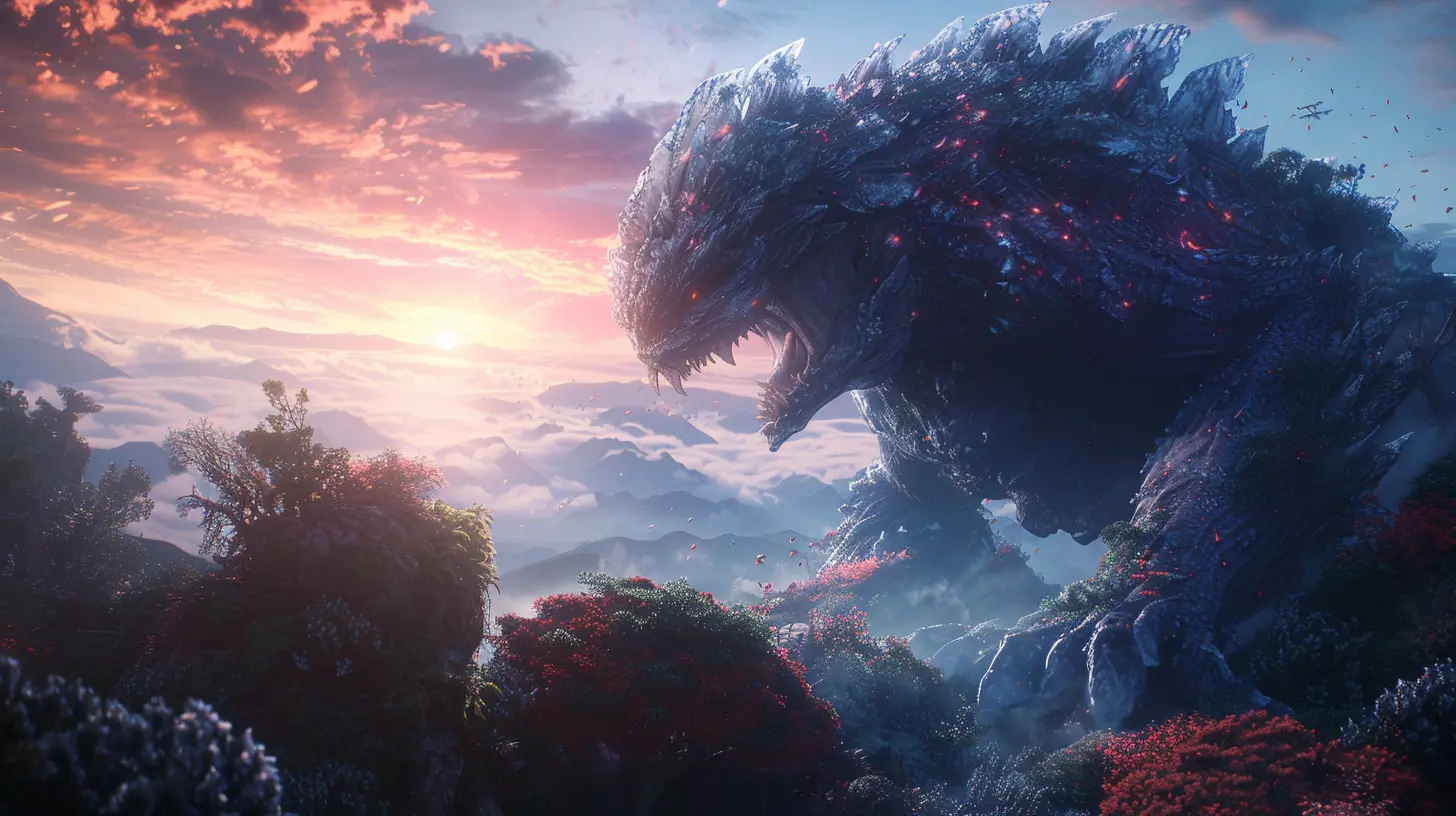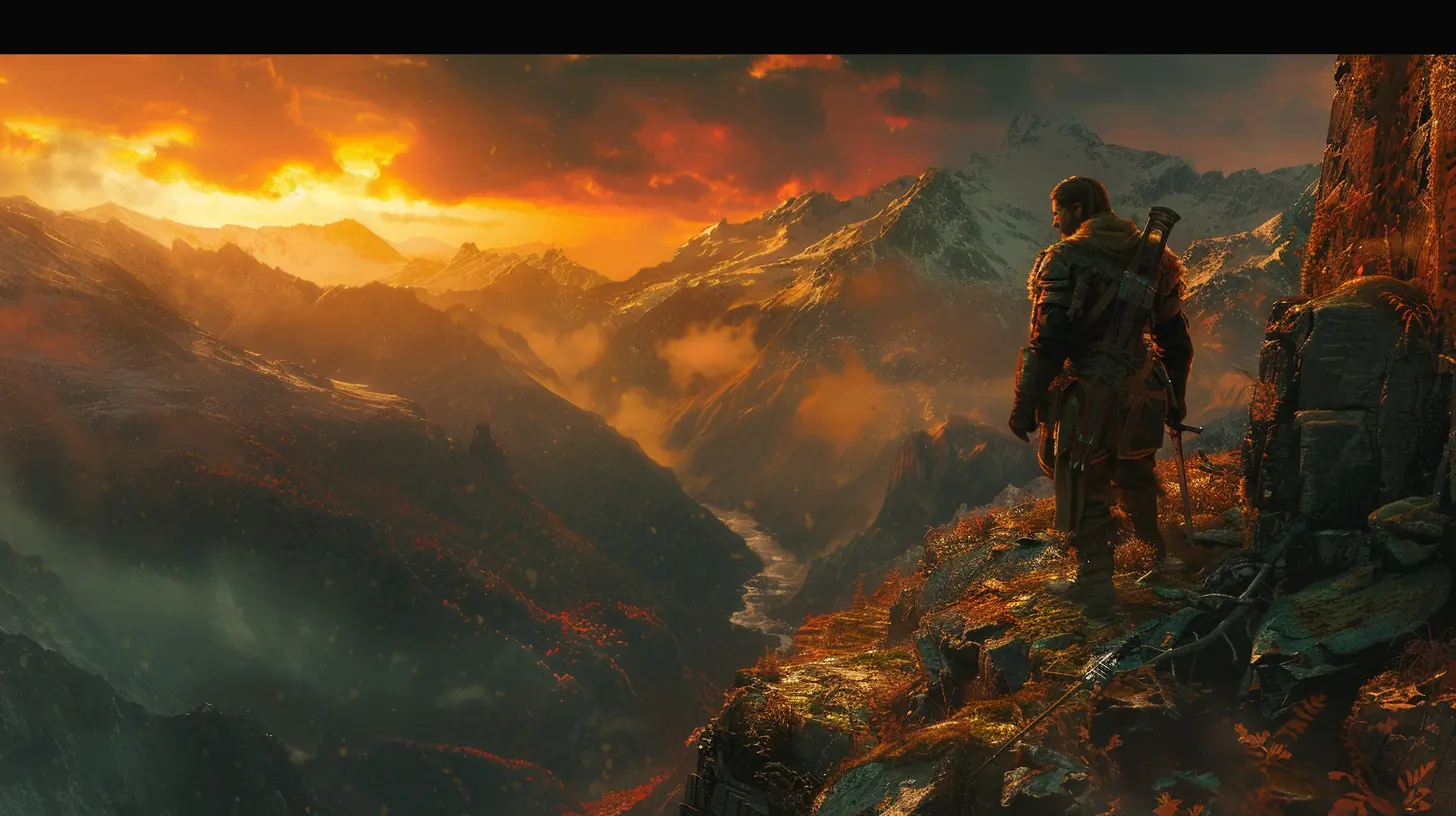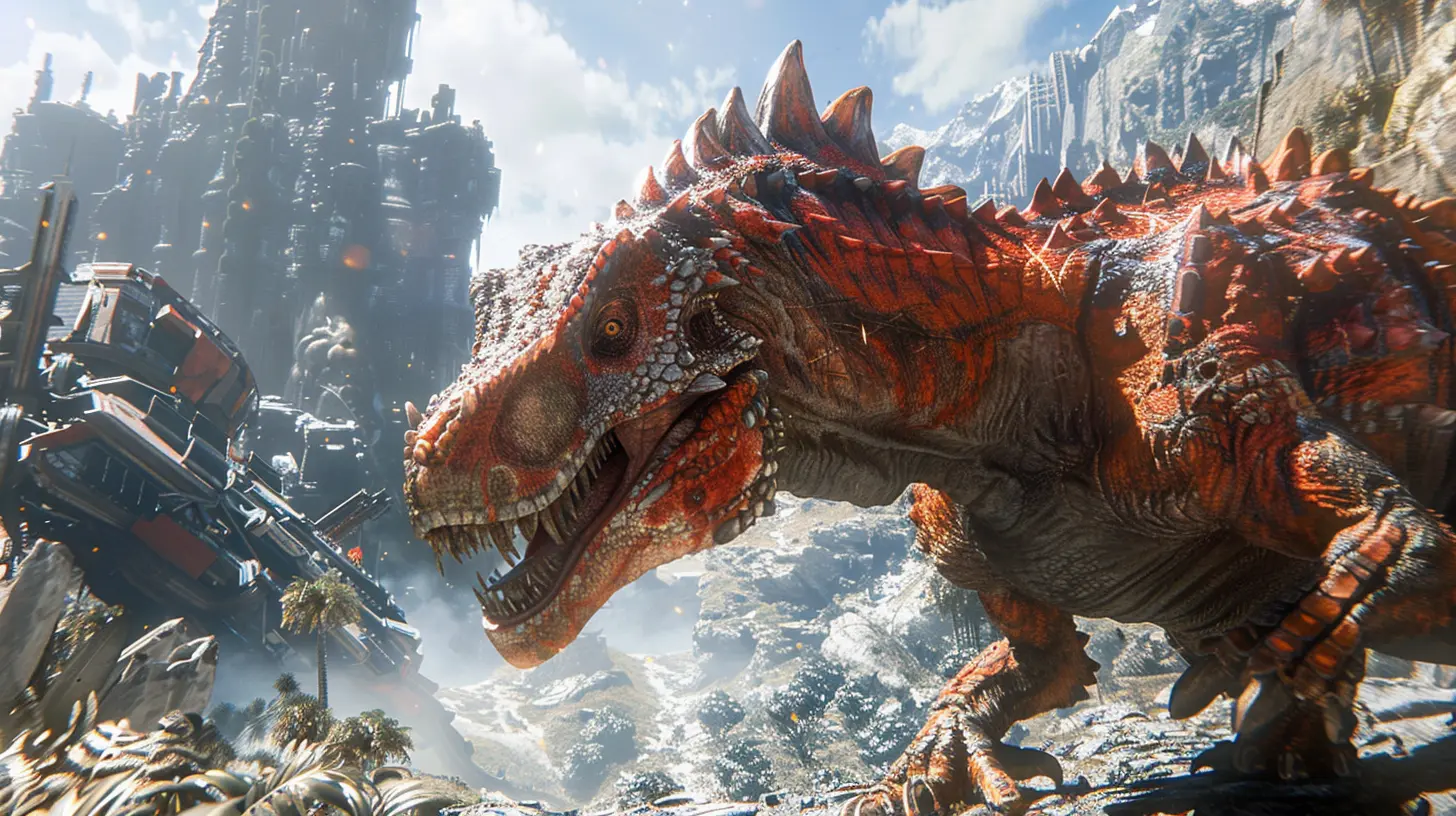Controversies and Backlash in Recent AAA Launches
3 November 2025
Let’s be honest—AAA game launches just don’t hit like they used to. Remember the excitement in the air when a big studio dropped its latest title? Midnight releases, countdowns, server crashes from sheer demand? Yeah, that magic’s still there... but it's now sharing the spotlight with disappointment, outrage, and Twitter threads that could power a university thesis on "digital rage culture."
Gamers today aren’t just playing games—they're critiquing them like Michelin inspectors at a fast-food joint. And who can blame them? With prices peaking at 70 bucks a pop, folks expect nothing short of excellence. Unfortunately, what they often get is an unfinished product wrapped in hype.
In this article, we’ll dive deep into the messy world of recent AAA game controversies. We’re talking about botched launches, broken promises, toxic monetization strategies, and how trust between developers and players is wearing thinner than a well-used analog stick.
The Weight of Expectations in the AAA Industry
Let’s start by acknowledging the elephant in the room—AAA games are under more pressure than ever.Studios invest hundreds of millions of dollars into development and marketing. Hype machines kick into gear with cinematic trailers, influencer partnerships, and glossy previews promising the next big revolution in gaming. But when release day comes and games don't deliver, the backlash is swift and brutal.
So, why is this happening more frequently?
Part of the problem lies in the marketing-first, product-later mentality. Studios often set hard deadlines based on shareholder expectations, not development readiness. It's like selling a house based on blueprints and a coat of paint—only for the buyer to discover the bathroom still has a dirt floor.
Cyberpunk 2077: The Crown Jewel of Broken Promises
We can’t talk about recent controversies without bringing up Cyberpunk 2077—arguably the poster child for overhyped failure.When CD Projekt Red first revealed Cyberpunk, the gaming world collectively lost its mind. Keanu Reeves on stage? "You're breathtaking!" memes? It felt like the future. But then launch day came, and things turned dystopian real fast.
Despite its stunning design and ambitious lore, the game was riddled with:
- Game-breaking bugs
- Crashes on last-gen consoles
- AI so dumb it made bots in '90s shooters look like MENSA members
- Missing features that were promised
The backlash was so bad Sony pulled the game from the PlayStation Store—a move practically unheard of for a AAA title. Refunds were issued en masse. CDPR went into stock freefall. Trust? Shattered.
To the studio’s credit, they've worked hard to fix it. Patches have poured in, and expansions like "Phantom Liberty" have somewhat restored faith. But the damage was done. It's a loud reminder that selling hope is easy—delivering it is the hard part.
Battlefield 2042: A Technical Disaster
Then came Battlefield 2042, EA's attempt to bring the war-sim franchise into a modern, next-gen vision… with hovercrafts climbing skyscrapers and tornadoes blowing tanks off the map. Sounds like fun, right?It was supposed to be a return to form. Instead, it turned out to be a multiplayer chaos party held in a half-finished hotel.
The issues?
- Poor hit registration
- Unbalanced weapons
- Missing features like a traditional scoreboard (seriously?)
- Maps that felt empty and uninspired
- Glitches galore
Gamers were livid. The Steam reviews dropped to "Mostly Negative." Reddit threads exploded. Even veteran fans felt betrayed. EA eventually postponed seasons and updates just to fix the mess, but attention had already shifted to more stable alternatives.
Redfall: A Stake Through Arkane’s Reputation
Arkane Studios is known for immersive sims like Dishonored and Deathloop, but Redfall felt like a misstep of tragic proportions.Touted as a co-op vampire shooter in an open-world setting, Redfall limped onto the scene with:
- Dull gunplay and clunky AI
- A paper-thin narrative
- Lifeless world design
- A 30 FPS cap on next-gen consoles (!)
This one stung even more because fans had high expectations. Arkane had established itself as a studio with vision. But Redfall felt like an unfinished group project rushed out before finals.
Critics panned it. Xbox fans questioned the direction of Microsoft’s acquisitions. Phil Spencer himself admitted they "let a lot of people down." When the head of Xbox is apologizing publicly, you know it’s bad.
Diablo IV and the Microtransaction Minefield
Diablo IV exited the gates in much better shape than some, but Blizzard quickly found itself in hot water thanks to post-launch practices, especially concerning monetization.Despite being a full-priced game, Diablo IV featured:
- A battle pass that underwhelmed
- Cosmetic microtransactions that rivaled mobile games
- Seasonal updates that frustrated hardcore players
The biggest misstep? Patches that nerfed player builds without clear communication and incentive. Gamers felt punished instead of supported. The community pushback was so intense Blizzard had to host a "Campfire Chat" to explain themselves, which—while appreciated—highlighted how disconnected devs can become when revenue outweighs user experience.
The Real Problem: Monetization Over Innovation
Let’s zoom out for a second and hit a nerve—monetization is killing immersion.What used to be about unlocking armor through grinding is now locked behind a paywall. Battle passes, premium skins, early access tiers—it adds up. And gamers aren’t just noticing—they’re rebelling.
Players are tired of:
- Being sold unfinished games
- Paying to fix problems post-launch
- Having content sliced up into DLCs before the base game even stabilizes
When a game feels more like a shopping mall than a world to explore, something’s wrong.
Why Trust Is So Fragile Now
It boils down to broken promises. Studios say one thing and deliver another. And with social media, it takes seconds for a screenshot, clip, or bug to go viral. The curtain has been pulled back. Gamers are more informed, more skeptical, and louder than ever.Pre-order culture? Dying.
Blind studio loyalty? Fading.
Forgiveness? Earned, not assumed.
Sure, some devs still manage to course-correct (looking at you, No Man’s Sky), but many fans feel like beta testers instead of paying customers.
The Role of Crunch Culture and Unrealistic Timelines
Also worth talking about? Crunch. Many of these titles are born from long hours, developer burnout, and pressure from publishers to meet fiscal year deadlines.It’s not just a technical issue; it’s a human one.
When devs aren't given the time or resources to polish their product, quality suffers. When decisions are made by executives instead of creatives, you get bloated, unfocused games with too many hands in the cookie jar.
Gamers know this. They empathize. But they also expect value. That tension creates a powder keg of disappointment ready to explode at the next broken feature or patch note.
Can AAA Still Be Trusted?
That’s the million-dollar question.There’s still room for greatness—titles like Elden Ring, God of War: Ragnarok, and Tears of the Kingdom prove that. But they feel like exceptions, not the rule.
The AAA industry needs to stop treating players like cash cows and start respecting them as the passionate community they are. That means:
- Transparent development timelines
- Honest communication
- Launching only when games are ready
- Ditching predatory monetization
Gamers remember. And in an age where indie devs are putting out polished, heartfelt experiences for a fraction of the cost, AAA titles can’t afford to coast on name recognition anymore.
Final Thoughts: The Future of Big-Budget Gaming
We’re standing at a crossroads in gaming history. Players are tired of half-baked launches and empty promises. Studios are juggling profit pressures with creativity, and somewhere in between, gamers are getting the short end of the joystick.The good news? The backlash isn’t just noise. It’s a wake-up call.
Every negative Metacritic review, every Steam refund, every angry YouTube video—it’s all fuel for change. It’s up to the industry to listen, adapt, and prove that AAA gaming can still be something to get excited about for the right reasons.
Until then, we’ll be here—controllers in hand, expectations firmly in check, hoping the next big thing doesn't disappoint.
all images in this post were generated using AI tools
Category:
Aaa GamesAuthor:

Avril McDowney
Discussion
rate this article
1 comments
Niko Daniels
“Ah, the drama of AAA launches! It’s like reality TV for gamers—who knew pixelated heroes could stir up so much controversy? Grab your popcorn; this show isn't ending anytime soon!”
November 3, 2025 at 3:55 PM

Avril McDowney
Exactly! The intense reactions highlight how deeply invested players are in these experiences. It's a fascinating intersection of gaming and culture!


